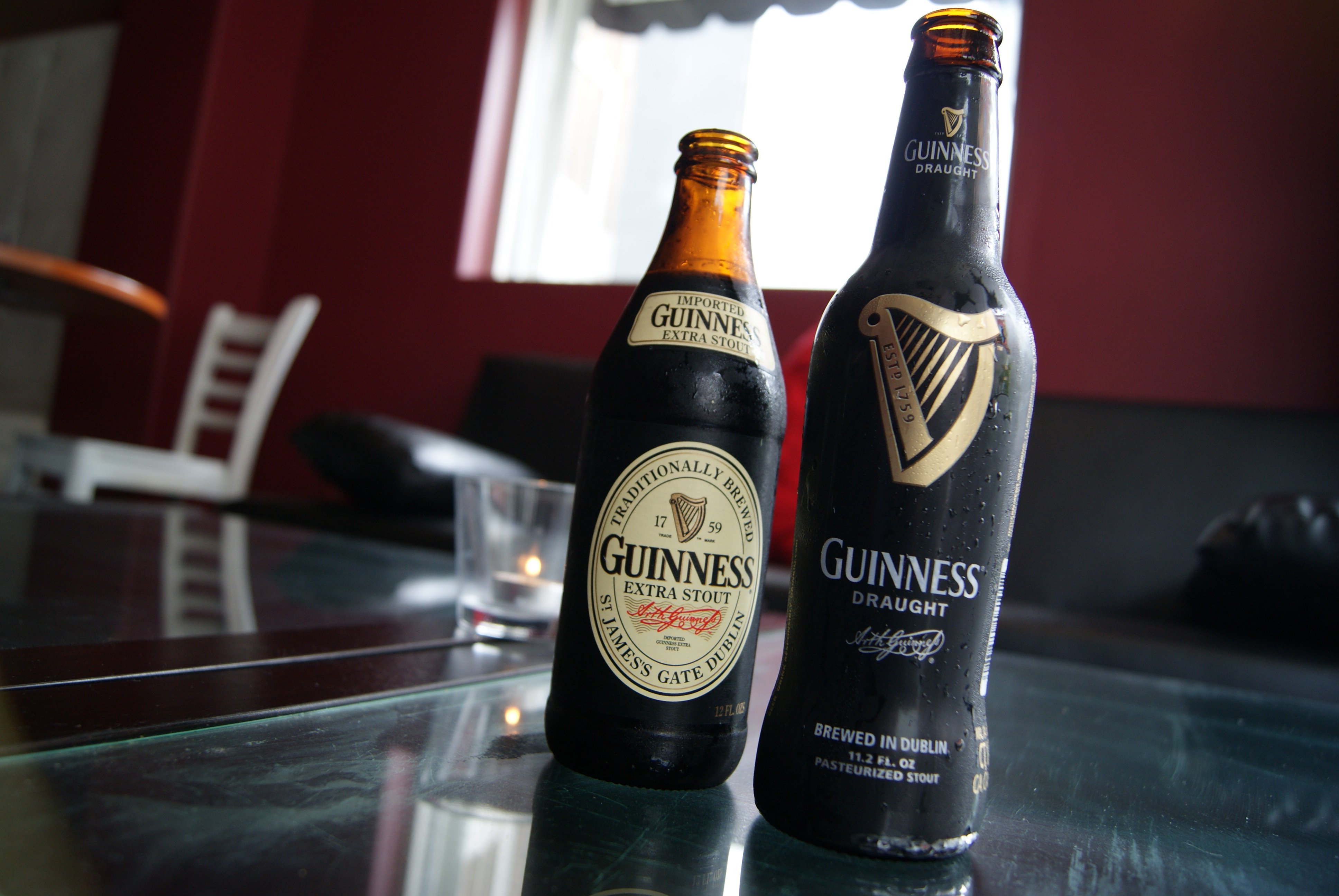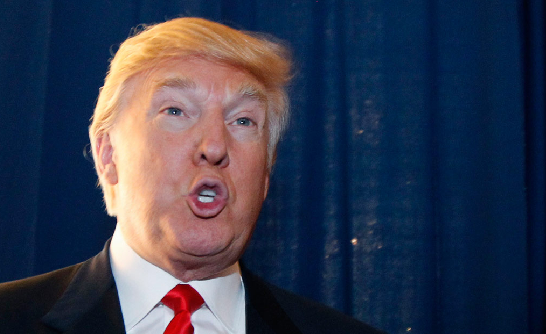Guinness Nigeria Plc has confirmed the resolution of its dispute with the National Agency for Food and Drug Administration and Control (NAFDAC), which began in November 2015 when the agency slammed a N1bn fine on the company.
NAFDAC imposed the fine on Guinness for allegedly re-validating expired raw materials without approval, maintaining poor documentation and failure to comply with some of its regulations.
It explained the fine as “administrative charges for various clandestine violations of NAFDAC rules, regulations and enactments over a long period of time”.
Guinness was given a two-week ultimatum to pay the fine, but the company immediately said it was in talks with NAFDAC over the sanction, and denied flouting the rules of the regulatory agency.
Advertisement
“As a responsible corporate organisation, we take these allegations which relate primarily to raw materials stored in one of our raw materials stores very seriously,” Peter Ndegwa, managing director of Guinness Nigeria PLC, said back then.
“We are engaging NAFDAC for clarifications and resolution of the issues… The management of Guinness Nigeria does not fully understand the basis for the computation of the administrative charges nor the particular regulations alleged to have been infringed.”

The following month, Guinness instituted lawsuit against NAFDAC at a Lagos high court in Igbosere, its lawyer, Olasupo Shasore (SAN claiming that NAFDAC did not afford the company the opportunity of fair hearing on the allegations that prompted the controversial fine.
Advertisement
Shasore also prayed the court to perpetually bar NAFDAC from publicly discussing, analysing or providing any information to the media, whether print, electronic or in any other manner, to suggest that the decision to sanction it was lawful.
However, Guinness issued a statement on Friday to confirm that all that had been confined to the past.
“Guinness Nigeria can now confirm that a Notice of Discontinuance of the court action instituted against the National Agency for Food and Drug Administration and Control (NAFDAC) and the Attorney General of the Federation has been filed,” read the statement released by its corporate communications department.
“The action was started following the receipt by the company of a letter dated 9th November 2015 from NAFDAC which, among others, imposed administrative charges of one billion naira (N1billion) on the company.
Advertisement
“The termination of the court action was predicated on the letter dated 15th February 2016 from NAFDAC to the company which was stated to ‘supersede the decisions contained in the Agency’s letter dated 9th November 2015’.
“As part of the resolution, NAFDAC would be present during the destruction of the expired raw materials in its rented warehouse and both parties agreed that this would be the procedure for the exercise in future.”
Guinness also said it had “agreed to pay administrative and service charges to NAFDAC to cover the cost of the investigative inspection of raw materials carried out by the Agency as well as the supervision by NAFDAC of the destruction of the raw materials which would be carried out by Guinness Nigeria”.
“The administrative and service charges of approximately N11.4m has since been paid to NAFDAC,” it said, expressing gratitude for “the support received from the Honourable Minister of Health and from the former Director-General and senior management of NAFDAC towards the amicable resolution of the matter and expresses its commitment to maintaining and fostering a strong and mutually beneficial relationship with NAFDAC”.
Advertisement
Guinness Nigeria, which has been operating in Nigeria since 1962, is part of the Diageo group of companies.
Advertisement
Add a comment






